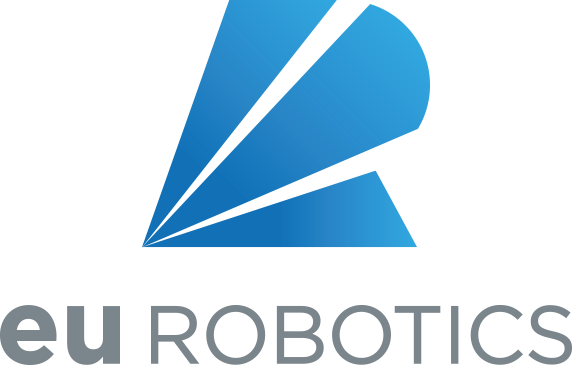For years, the Netherlands has been among the top in the field of research and innovation. In 2021, the Netherlands was in fifth place at the European Innovation Scoreboard (EIS). This is however one place less than the previous year, but still 23% above the EU average. What this index makes especially clear is that the Netherlands scores relatively poorly in the field of commercialising innovation knowledge. In other words, the Netherlands performs well developing knowledge, but not so well using this knowledge. This can also be traced back to the robotics density in the Netherlands. Although the upward trend has started, the Netherlands is still lagging behind neighbouring countries such as Belgium and Germany in terms of the use of robotics.
One of the main strengths of the Netherlands is the strong cooperation between knowledge institutions and the technology businesses. By linking research and innovations to societal challenges and by the direct involvement of (end) users, researchers and technology providers, innovation is accelerated. This creates a dynamic landscape of start-ups, scale-ups, spin-offs from universities & research institutions and Original Equipment Manufacturers (OEMs). The Dutch model is extremely suitable for start-ups, and Dutch robotics solutions are now finding their way around the world.

The robotics landscape in the Netherlands consists of manufacturers, distributors, integrators (hardware, software and services) and end users. Some of the robotics companies develop technology that is widely applicable or focuses on system integration. For parties such as Olmia Robotics, Wired Workers, Affix Engineering and Smart Robotics, this is their main business focus . In addition, there is also a lot of development specifically aimed at a certain area of application. In this way, the Netherlands combines the technical expertise with the knowledge and experience that is present within these market sectors. In recent years, the Netherlands has mainly been active in the field of logistics & industry, agrofood, inspection & maintenance. There are several successful companies focused on industrial sectors (Tebulo, VertiDrive) and the agricultural sector (Lelly, and Kompano, a cooperation between Priva, MTA and Vectioneer). We also see an increase in the number of start-ups within these sectors such as Pixel Farming Robotics, Trabotyx, Avular, LoopRobotics, Fizyr.
In the meantime, more and more attention is being paid to the development of robotics for the healthcare sector (Care & Cure). Hospitals and healthcare institutions are collaborating with robotics parties and exploring the market and its application. We now see good examples of this at SARA Robotics, Tessa (from TinyBots) and care robot Rose. In order to accelerate innovation and promote market implementation, in addition to financial support, there is also a need for physical places where testing can be done and demonstrations can be shown. The Netherlands has many field labs where technology and development meet end users. A few examples are Space53, RoboHouse, BIC Fabriek van de Toekomst, Sharehouse Living-lab, Fieldlab Industrial Robotics, Breda Robotics and Fieldlab Smart Welding Factory. Internationally, the Dutch robotics ecosystem coordinates several EU Horizon 2020 projects on Digital Innovation Hubs (agROBOfood, DIH^2,DIH-HERO, Sprint Robotics, etc.) and of course has connections with euRobotics.

Holland Robotics was founded five years ago by High Tech NL because of a need from both the business community and the knowledge institutions to map and strengthen the robotics landscape in the Netherlands. The aim of the cluster was to build a strong ecosystem, to stimulate innovation and collaboration and to jointly look at a goal and roadmap to give focus to (future) innovations and research. In 2017, 375 companies were active in robotics, this number has now grown to more than 650 organisations. A sign that robotics is on the rise in the Netherlands and abroad.
Holland Robotics acts as a network partner and is a connecting element for technology, user and education. By initiating or participating in the various (European) projects, we try to increase innovation and the revenue model in the Netherlands. We also identify action points in the Netherlands we have to pay attention to in order to remain successful in the future. For example, the application of robotics must receive more attention within SMEs and it is important that robotics and technology are given a greater role within primary and secondary education. 5 years after the foundation of Holland Robotics is also a moment of looking back and looking forward. The new roadmap for the coming years is almost ready. Drawn up by representatives of the various components within the diverse robotics landscape in the Netherlands. Holland Robotics will launch this roadmap in May along with an online overview of the Dutch Robotics landscape (650+).
Author: Thijs Dorssers, Manager of Holland Robotics
Header photo credits: High Tech NL

